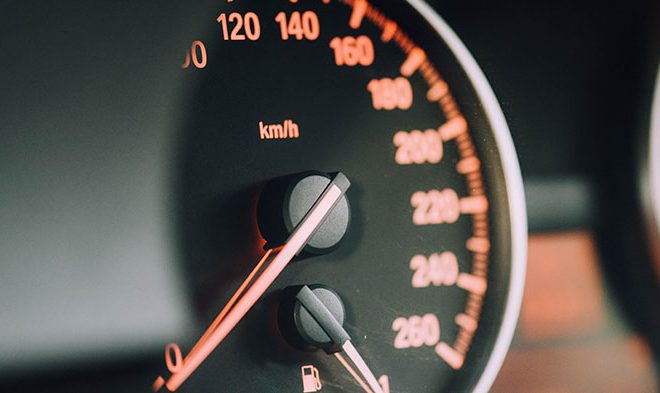What is a Personal Loan?
As the cost of living continues to skyrocket, many of us are forced to borrow money via a personal loan, whether it’s for a deposit on a flat or if you’re simply trying to survive until pay-day. But what is a personal loan exactly? Read more about them below.
How do I apply for one?
Thanks to the wonderful world of technology, some loan companies now allow for a simple online application process which uses your ID number as a way of determining some of your credit information – checking for things like defaulted payments or judgements against your name. If all is well in terms of your credit score, the required documents are emailed to you, you print them out and fax them through to the lender and the process is completed once the credit provider is 100% sure that you can afford it.
Who governs lending in SA?
South Africa has one of the strictest lending policies in the world and the National Credit Act or the NCA is there to help protect consumers who get into credit agreements with lenders. There is a regulator which sets the maximum fees and credit rates lenders can charge, so before you sign a credit agreement, all these rates and fees should be made available to you. If you are not happy with the rates and fees provided to you by a certain lender, shop around! There are better deals out there and you don’t have to settle for what is first offered to you.
Can I afford it?
Before you even consider borrowing money via a personal loan, it’s important that you make sure you can genuinely afford it. This doesn’t only mean knowing that you can pay back what is owed now, but would you be able to continue to make these payments if you were to have your salary cut by 10%?
This is where the NCA plays yet another vital role – registered credit providers have to run credit checks on each of their prospective clients in order to determine their monthly expense commitments – you might be default and judgement free, but if you have too many other debts to pay off, you’re unlikely to qualify for further credit.
Affordability will vary from credit provider to credit provider and the type of loan that is being taken out. For instance, a home loan will not be granted for more than 30 or 35% of the household income. Personal loans and credit cards would be easier, but the affordability calculation is not standardised.
Forms of borrowing
When you borrow money you make a commitment to paying it back over time. The period over which you will pay off your debt will depend on how much money you borrow and what for, and of course the agreement with your lender.
Short/mid- term borrowing – the main types of borrowing you may choose to use are short and mid-term loans, such as personal loans (also known as short-term loans), credit cards, bank overdrafts, vehicle finance, store cards and in-store finance, which is sometimes referred to as hire-purchase or a credit agreement.
Long- term borrowing – there are fewer types of long-term borrowing, but they include long-term personal loans and mortgages, also known as home loans and bonds. Debt consolidation is another long-term option because this is usually a form of mortgage that is secured on a property.
Other forms of long-term borrowing in other parts of the world include second charge loans or secured loans, which are again loans secured against a property. Also growing in popularity in South Africa are equity release mortgages, designed for older people.
Short-term to mid-term personal loans – if you need to borrow significant sums of money but want to pay it off in the short term then this may be a better option for you rather than amassing lots of smaller debts in different places such as overdrafts, credit cards and in-store finance. You can usually borrow up to R30,000 with an unsecured personal loan, but the interest rate can be as high as 42% depending on your personal circumstances and your credit history. If you have a poor credit record, with arrears in the past, you could end up paying a lot of money in interest. Unsecured borrowing means that the lender does not have the security of an asset, such as your home or your vehicle, which they could possibly repossess if you do not make your repayments.
Only get a personal loan if you know you can make the repayments. If you are looking at a personal loan because you are struggling to pay off other debts, then debt consolidation or debt management might be more suitable.
MoneyShop





